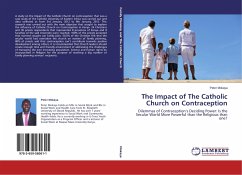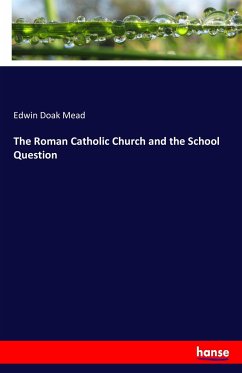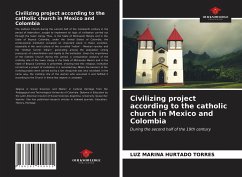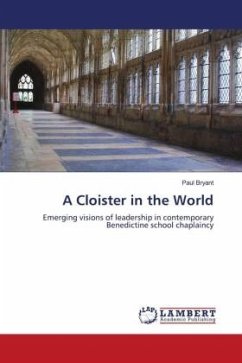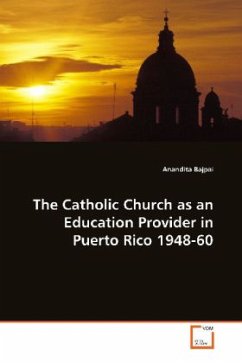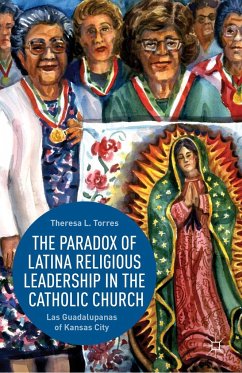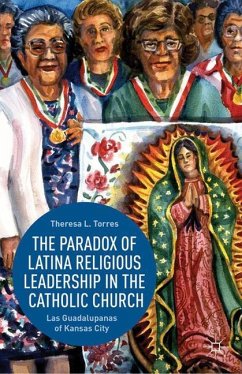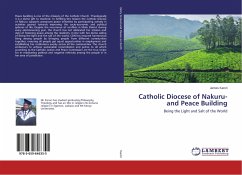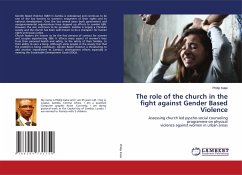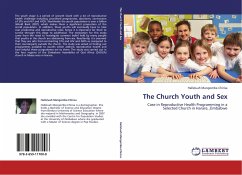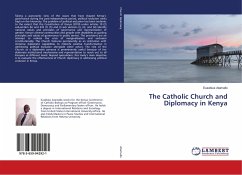
The Catholic Church and Diplomacy in Kenya
Versandkostenfrei!
Versandfertig in 6-10 Tagen
36,99 €
inkl. MwSt.

PAYBACK Punkte
18 °P sammeln!
Taking a panoramic view of the issues that have shaped Kenya's governance during the post-independence period, political exclusion ranks high on the hierarchy. The problem of political exclusion has been endemic to the extent that the Constitution of Kenya (2010) under articles 10 (2) sub-section (b) and 232 (1) (h) and (i) sub sections (i), (ii), and (iii) identify national values and principles of governance and representation of gender, Kenya's diverse communities and people with disabilities as guiding principles and values of governance in public service. The provisions are an attempt to ...
Taking a panoramic view of the issues that have shaped Kenya's governance during the post-independence period, political exclusion ranks high on the hierarchy. The problem of political exclusion has been endemic to the extent that the Constitution of Kenya (2010) under articles 10 (2) sub-section (b) and 232 (1) (h) and (i) sub sections (i), (ii), and (iii) identify national values and principles of governance and representation of gender, Kenya's diverse communities and people with disabilities as guiding principles and values of governance in public service. The provisions are an attempt to redress the crisis of marginalization and exclusion constitutionally. The Church features prominently as an institution with immense diplomatic capabilities to midwife positive transformation in addressing political exclusion alongside other actors. The role of the Church as a diplomatic persona is preeminently useful because of her elaborate institutional mechanisms and representation to reach out to all Kenyans at different levels. Beyond speculation, this study's main objective is to evaluate the effectiveness of Church diplomacy in addressing political exclusion in Kenya.



